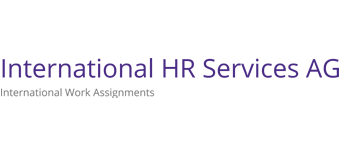Too late registration of posted workers in Switzerland
The 8-day preregistration deadline must be adhered to when an EU / EFTA based company is reporting on the work activities, in Switzerland, of a posted worker/s using the 90-days per posting company. When the deadline is not met the assignment/s must be postponed. Otherwise, the company can be sanctioned for a reporting offense. A short-term order, a tight schedule or a failure to timely report on mission are not reasons for not complying with the 8-day pre-registration deadline.
The existence of an emergency must be made known when reporting the assignment (in the “Comment / Comments” field in the online registration). Emergencies must be justified in the notification. The assertion of an emergency situation is recognized by the cantonal authorities if, in particular, the following conditions are met cumulatively:
- The assignment serves to remedy a sudden loss and aims to prevent further damage
- The work is carried out immediately, but usually no later than three calendar days (including Sundays and public holidays) after the damage has occurred.
Include only the effective working days. That is, without Saturdays and / or Sundays and public holidays, if not worked on these days.
Please don’t hesitate to contact International HR Servies Ltd. for further quuestions to this subject.

